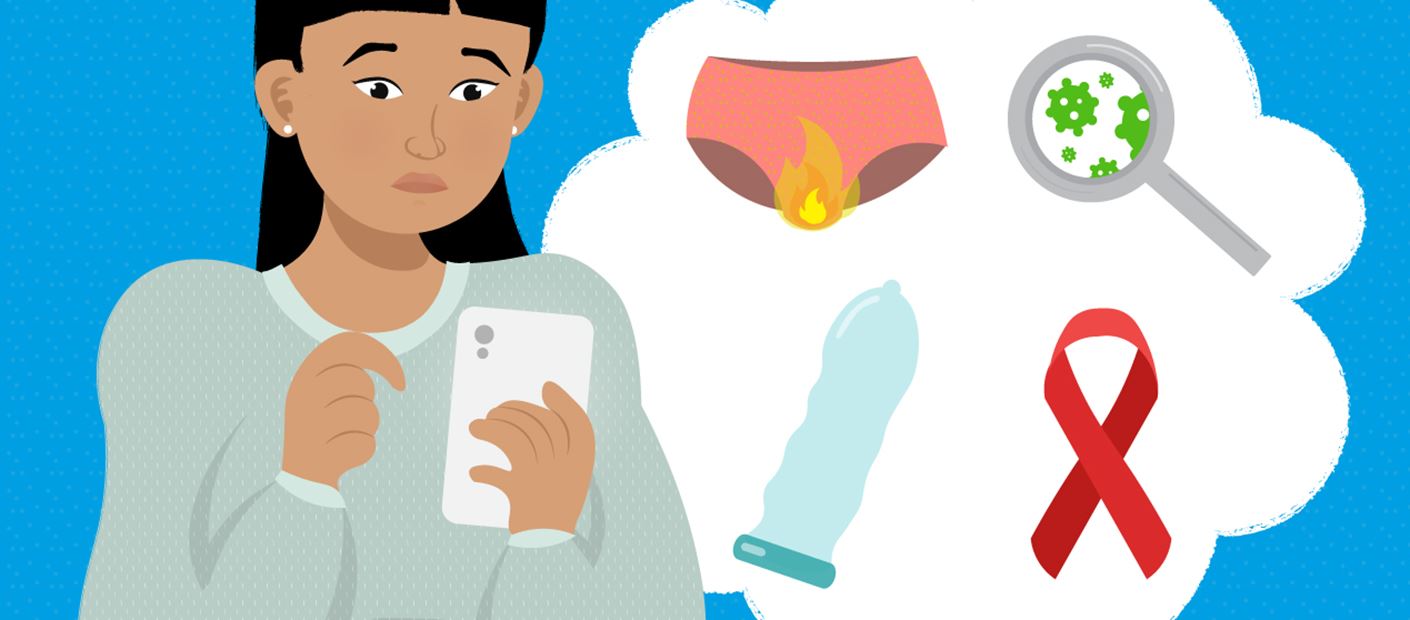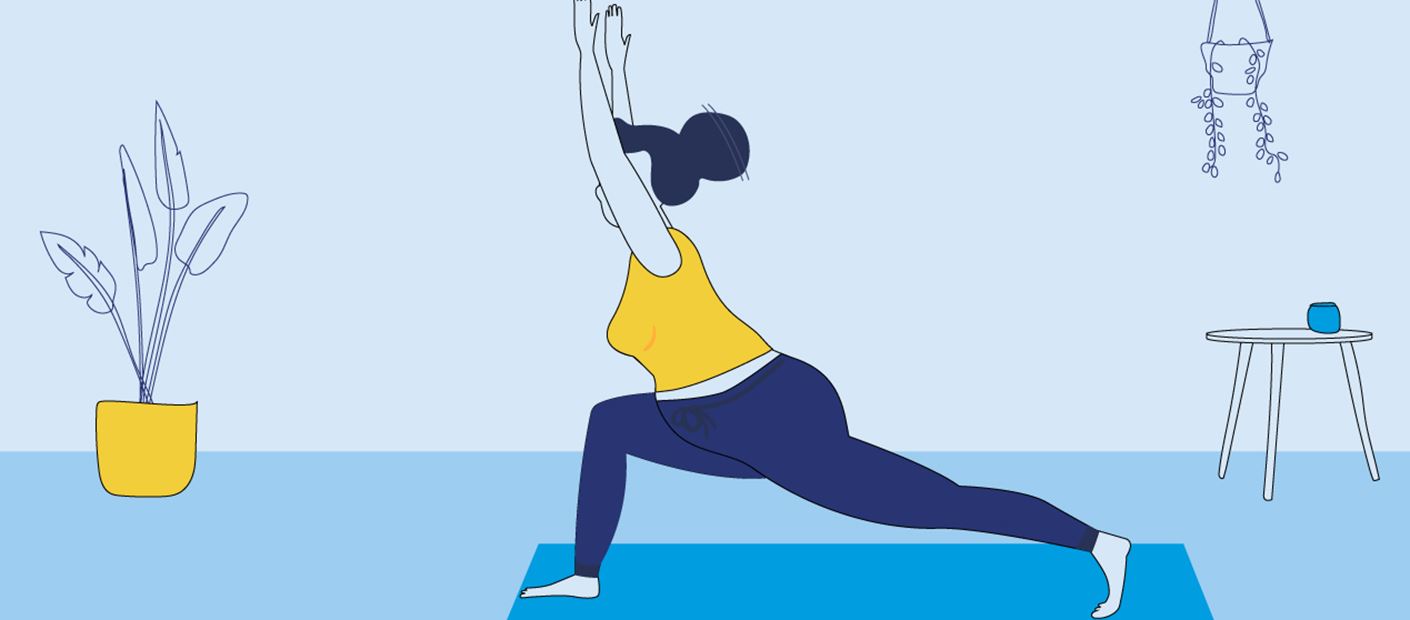
In Cambodia, to mention children and the word “sexuality education” in one sentence would invite some vehemence and criticisms.
This is due to a long-standing tradition of thinking that educating children about sexual education and reproductive health would urge them to start engaging in sexual intercourse recklessly and from a young age. Needless to say, this is completely untrue.
So, the age-old question is: at what age should sexuality education start?
The Swedish model
Sweden is the first country in the world to make sex and gender education mandatory nationwide. Although the Swedish model is not perfect in anyway, its curriculum is comprehensive enough to be a model for many countries around the world.
In Sweden, sex education is an interesting thing because in many schools, the teachers are not the only one dictating the lessons. Many schools form a team that considers inputs from school nurses, school counselors, and in some cases, even students.
Compulsory sex education starts young, normally from 11 years old (or in fifth grade). In fifth grade, students learn about puberty, body development and masturbation are covered. In the eighth year, at the age of 14, many schools focus on topics like bodily functions and STIs. In the ninth-year focus is often on relationships. It’s important to note that students themselves can suggest topics that are relevant to the events at the time. [1]
The importance of sexuality education
Before we dive into HOW important is sexuality education, first you need to understand what exactly is sexuality education. We are referring to comprehensive sexuality education, which means inadequate programs such as the abstinence-only program is not included. [2]
According to UNFPA, comprehensive sexuality education is “a rights-based and gender-focused approach to sexuality education, whether in school or out of school. It is taught over several years, providing age-appropriate information consistent with the evolving capacities of young people.” This includes, the study of the human anatomy, important information on reproductive health, contraception, child birth and STDs. Comprehensive sexuality education also goes beyond this basic health information and addresses real social issues that concerns the health and happiness and sexual autonomy such as consent, sexual violence, gender and sexuality, and so forth.
Countless of public health research has shown that young people who receives comprehensive sex education are more likely to delay sexual initiation, and to use protection when they do eventually become sexually active, than those who receive no sex education or learn only about abstinence. Withholding information about sex and sexuality will not keep children safe; it will only keep them ignorant.[3]
Hope for Cambodia
The school curriculum created by the ministry of education that is in the works will include sexual reproductive health and rights education that will be taught as early as the fifth grade.
In late 2019, the Ministry of Education has announced that it will include sexual diversity in the national school curriculum. The plan was to implement it in 2020 onwards to combat bullying and discrimination.
Yung Kunthearith, deputy director of the education ministry’s department of health studies announced that students from age 13 (or seventh grade) will be required to learn about sexual diversity namely LGBTQI+ issues. [4]
Similar to the Swedish model, the Cambodian sexuality educational model that is in the draft teaches a variety of topics ranging from puberty to consent, hygiene, and STDs. The model in the works teaches sexuality education of different degrees to students from grade 5 to grade 12.
This is a move in the good direction for Cambodian youth, and it shows that the world is finally admitting that starting sexuality education young is beneficial in the long run.
Following that trend, Marie Stopes International Clinics provide convenient youth-friendly services that are non-judgmental, confidential, and professional.
You can watch the video about our youth-friendly services here: https://www.youtube.com/watch?v=utNZGM0QfIE&t=164s
If you have any questions about sexual education or other contraceptive methods consult with @MarieStopesKH now:
✓ Send a Facebook message
✓ Every day from 7 am to 5 pm
✓ 012 999 002 or 098 999 102
✓ Send a message via LINE, Viber, WhatsApp, WeChat 093 24 08 23
✓ www.mariestopes.org.kh/contact-us-form/
Get in touch
Contact us to learn more about us, receive free consultation, or book an appointment.
012 999 002 / 098 999 102








